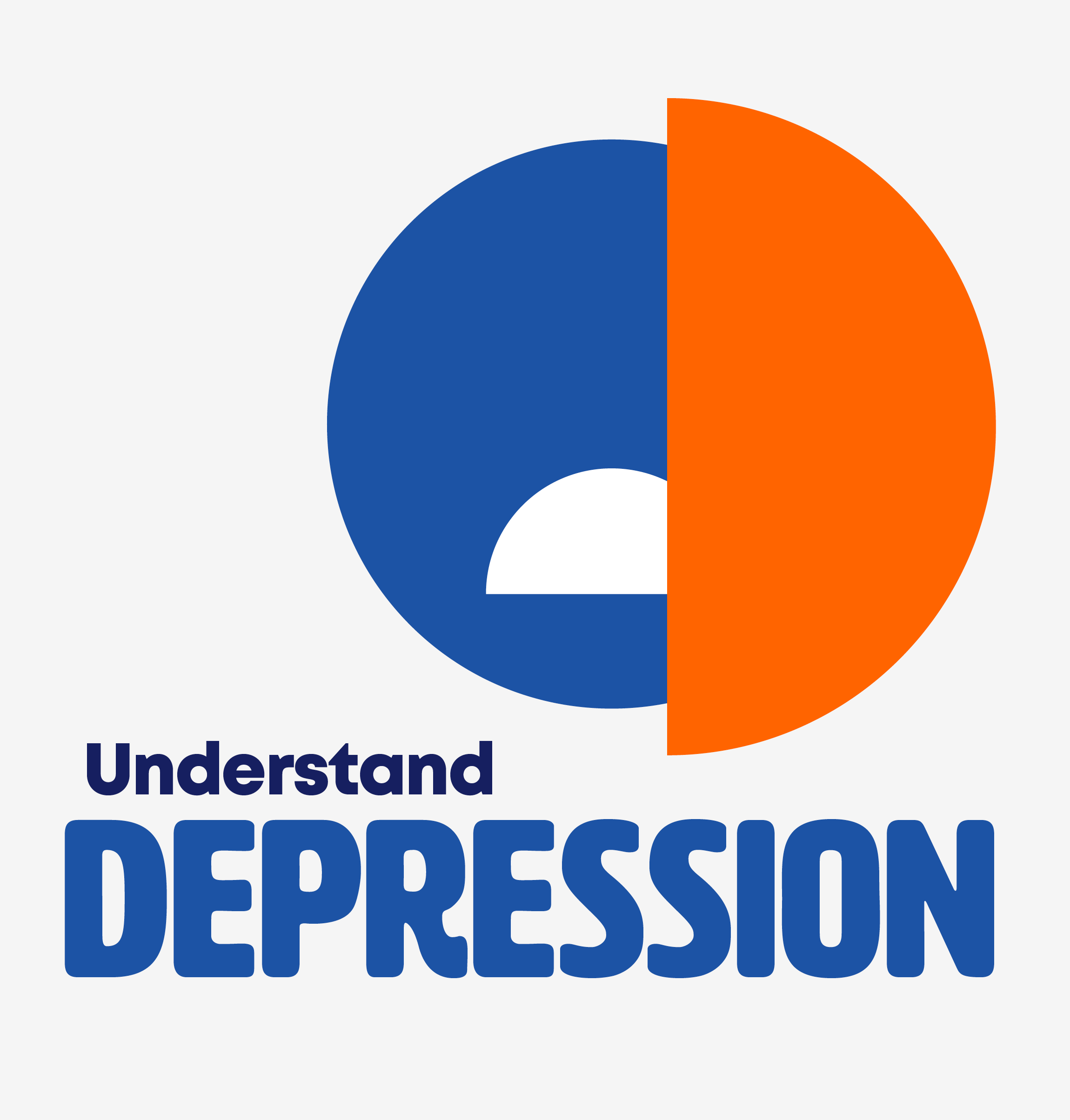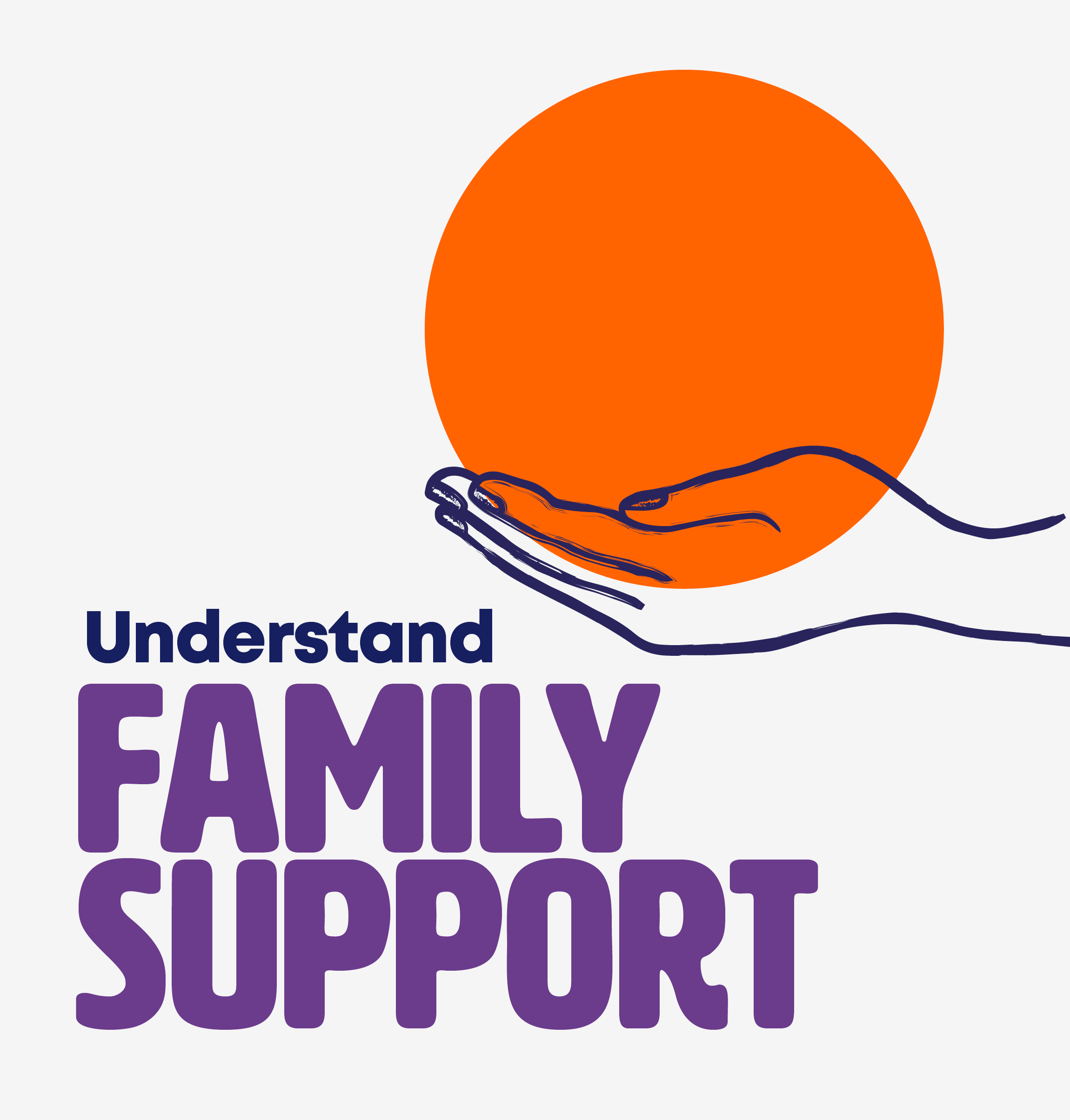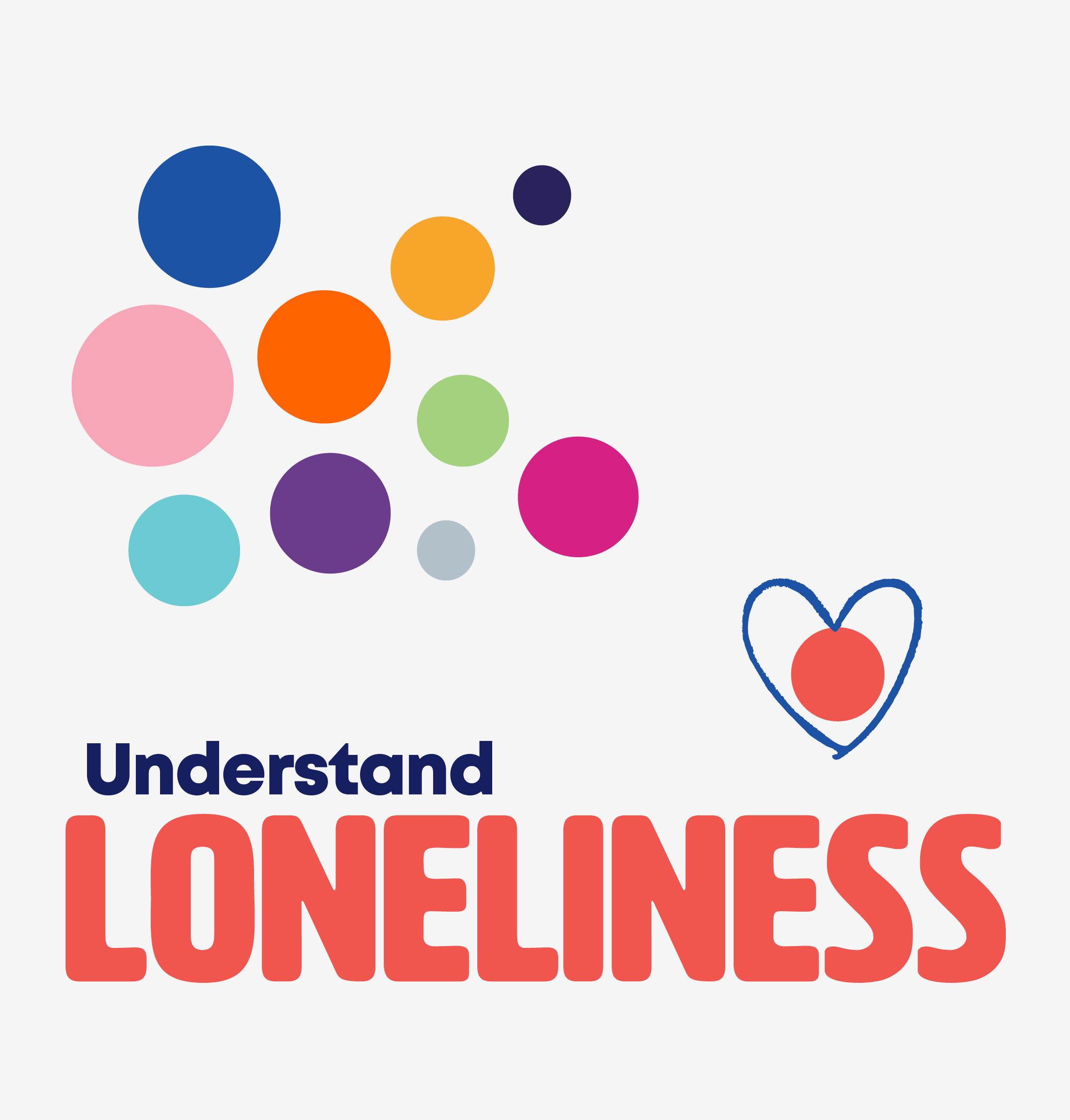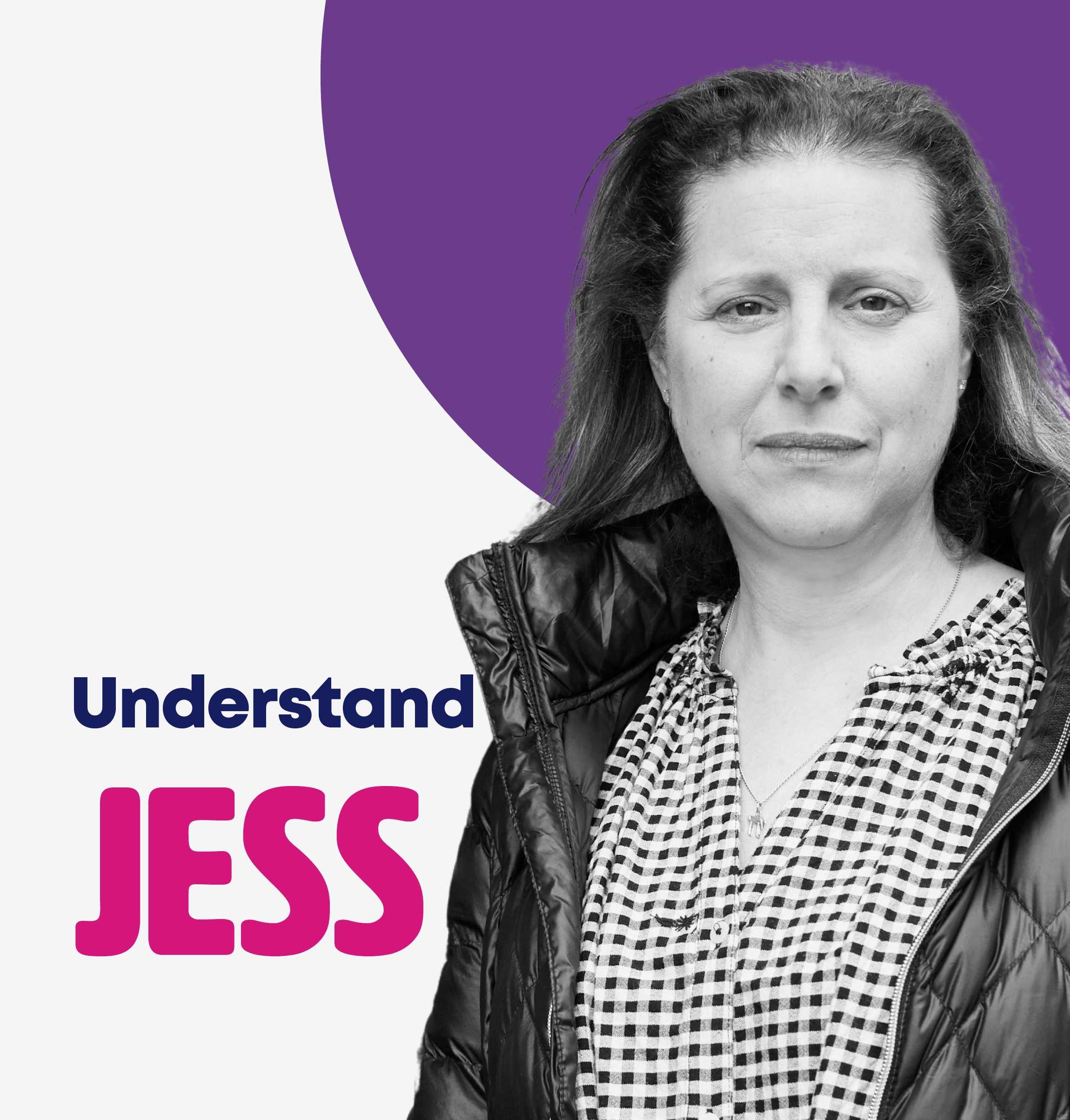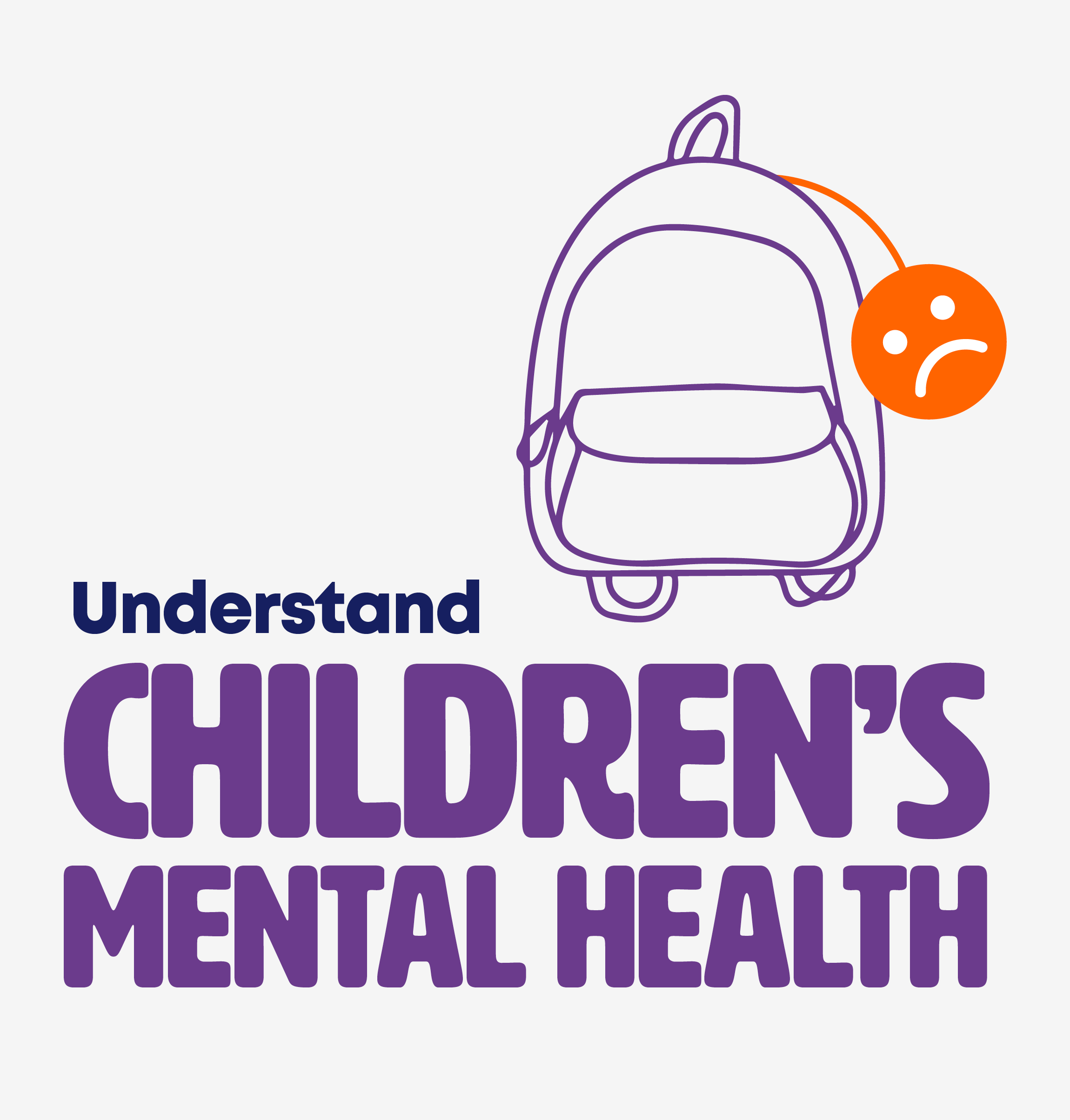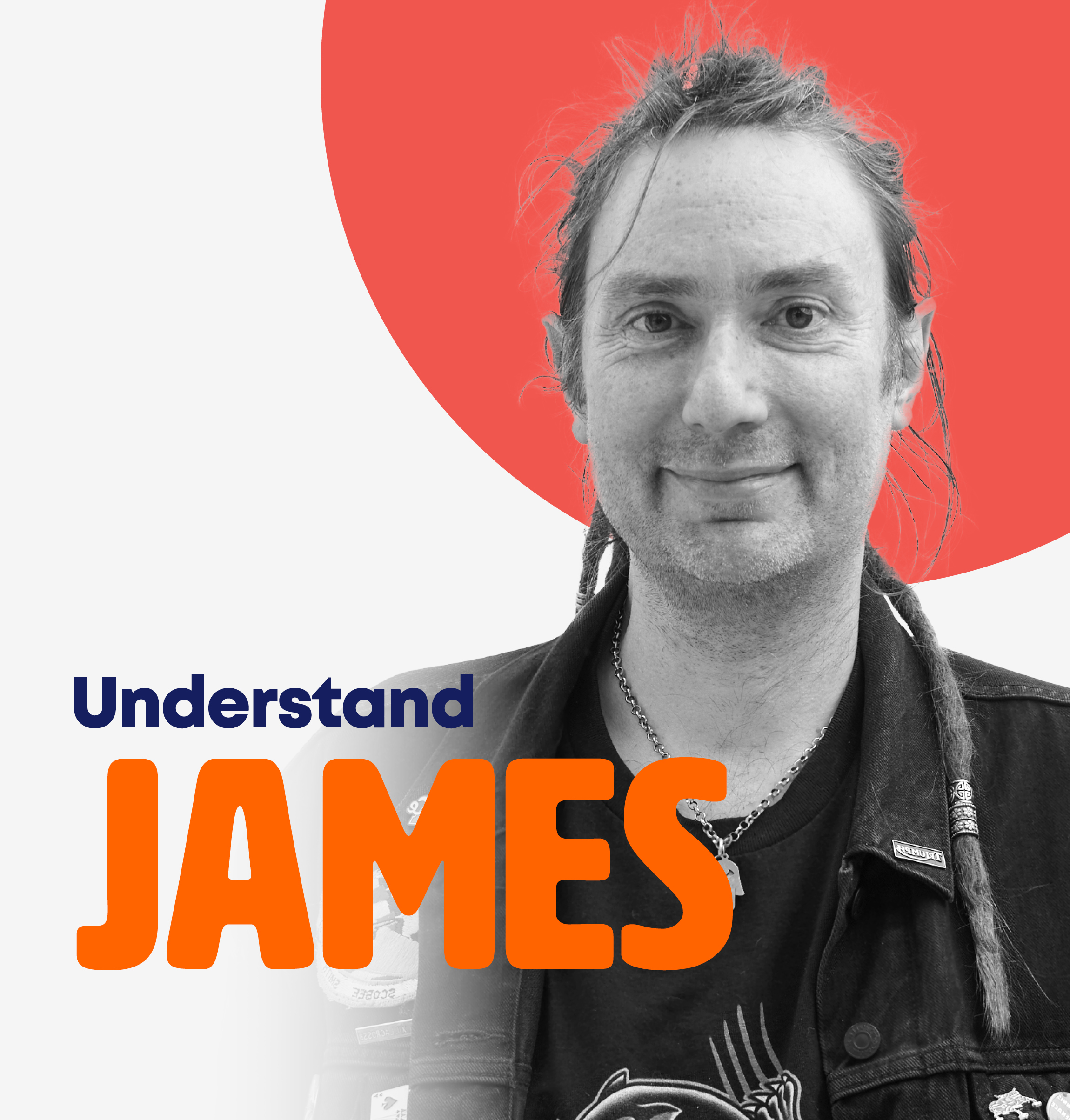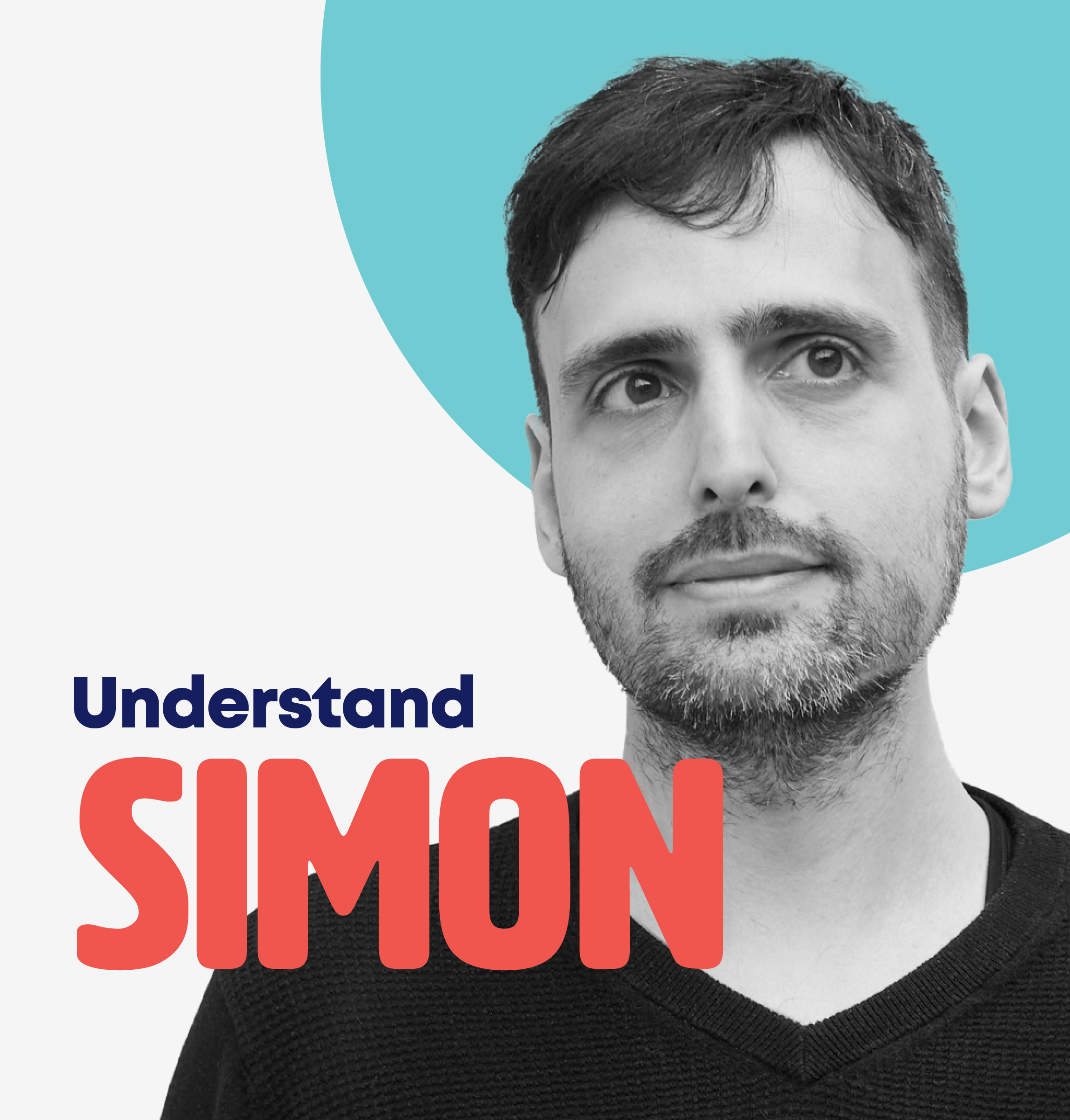
Understand mental health
Mental illness or distress can affect anyone, at any age, for a short or indefinite period, and manifests itself in many ways. But, with the right support, there can be hope for recovery and we can all play our part in helping each other.
Approximately one in four people in the UK will experience a mental health problem each year. Meanwhile, in England, one in six children has a mental health condition. However, it is not only the person with the diagnosis who is affected but also the people who care for them, including parents, partners and siblings who can often become isolated.
What mental ill health looks like
We may all experience worry, fear and low moods from time to time, but when those feelings become frequent, severe or long-lasting, they can get in the way of us living our daily lives.
Having an anxiety disorder can make everything feel frightening and unmanageable, affecting both our mind and body. The worry of having a panic attack can stop us going out, while anxiety can impact our sleep and trigger intense pain. It can also destroy our motivation for doing what we enjoy and leave us with negative thought patterns.
Similarly, depression can also impact our ability to lead our daily lives. Symptoms may include changes in sleep or appetite, lack of motivation or energy, inability to enjoy activities previously carried out, low self-esteem, negative thinking and lack of hope for the future. Characterised by a persistent deep sadness or low mood, depression can be mild, moderate or severe. When depression is at its most serious, people can experience thoughts of suicide. When we experience these thoughts, we cannot see life improving or imagine that we will feel better again. However, although suicidal thoughts are intrusive, we do not have to act on them.
A common consequence of mental health problems is an increase in loneliness. This is because we can get into a spiral of loss of social contact and feeling too unworthy to reach out to people. And yet it is authentic and meaningful social contact that can increase our confidence and self-worth, lowering our stress hormones and promoting wellbeing.
How can we help ourselves
Learning how to support ourselves and meeting and interacting with others can combat isolation and make us feel more empowered to manage depression and anxiety. Trying to commit to some form of self-care – whether a short walk, meditation, mindfulness, yoga, a creative pursuit, time with pets or a phone call to a friend – is key. Talking about our experiences can also help us pull in support and, in some situations, be lifesaving.
But if pursuing these activities isn’t sufficient to manage our mental health, medication may be needed. Depression is often tackled in this way, together with support from a mental health professional and referral for psychological therapies, such as cognitive behavioural therapy, counselling or psychotherapy.
How we can support others
When it comes to our children, we need to encourage them to share their worries with us or another adult without judgement or fear. Just letting them know that we can hear they’re going through something difficult, and they’re not alone, is a comforting place to start. Equally, connection for adults is important too. We shouldn’t underestimate the value of community and connectivity for those who feel isolated and alone in their experiences.
It’s vital that we talk about anxiety and depression to help normalise and reduce the stigma around these conditions. Reaching out and demonstrating our care and concern, as well as giving people a space to be heard, can make a difference too.
We also need to start treating suicidal thoughts as a fact of life and accept that they are part of the human experience. Rather than shying away from the conversation, we should be offering kindness and warmth to anyone who trusts us enough to let us know they have thoughts of suicide and, most importantly, encouraging them to seek specialist support.
